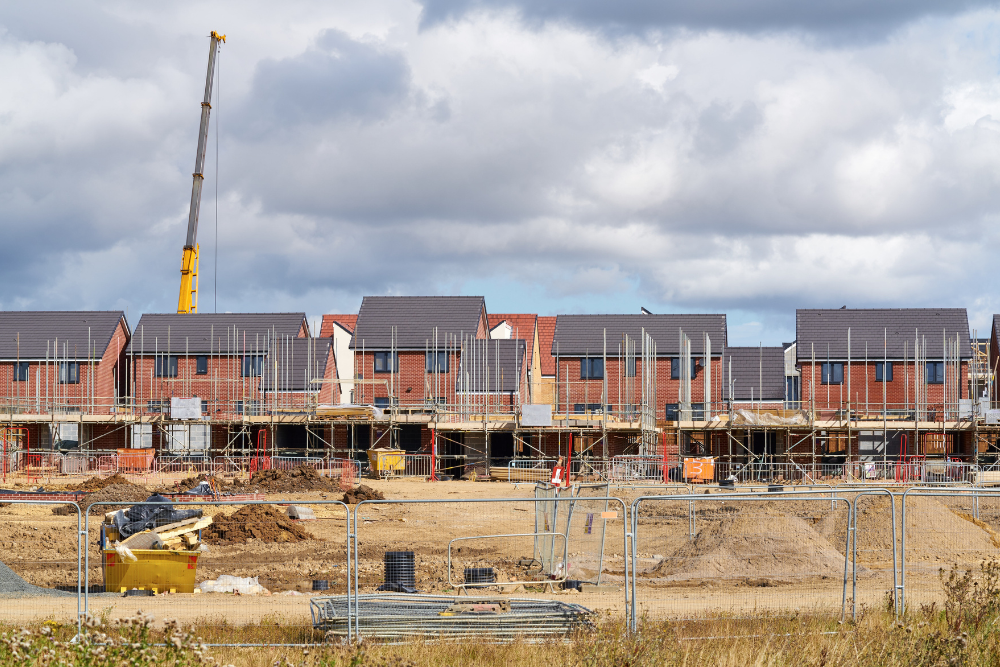

Reeves said that reforms to the planning system would “back the builders, not the blockers” and deliver 305,000 new homes annually, which would be the highest level in over 40 years.
This forms part of the government’s plan to build 1.5 million homes by 2030, with the chancellor also confirming today that funding will be made available to train up 60,000 more construction workers.
The Office for Budget Responsibility (OBR) estimates that the planning reforms could boost the economy by 0.4% within 10 years - which Reeves described as “the biggest positive growth impact that the OBR have ever reflected in their forecast for a policy with no fiscal cost” - although the watchdog said "significant uncertainty" remains.
IEMA’s deputy CEO Martin Baxter questioned the lack of focus on green growth in the spring statement, and urged the government not to position the environment as a barrier to growing GDP.
“Recent analysis published by the CBI showed that the net-zero sector grew faster than the rest of the UK economy and that jobs supported by net-zero businesses were 38% more productive than the UK average,” he continued.
“Net zero, nature restoration and the circular economy are all areas in which policy and investment gaps remain, and the headlines from the chancellor's spring statement have done very little to address this.
“Rather, the chancellor's comments on the government's planning reforms have simply compounded fears that the natural environment will suffer as a consequence. This is enormously frustrating as we know that we can deliver both the housing and infrastructure that we need, whilst restoring and enhancing nature at the same time.”
The reforms outlined in today’s spring statement concern changes to the National Planning Policy Framework, which reintroduce mandatory housing targets and bring the ‘grey belt’ into scope.
The Planning and Infrastructure Bill, which passed its second reading on Monday, will also bring further reforms, including an overhaul of how housing projects can be challenged, with “meritless cases” only having one – rather than three – attempts at a legal challenge.
The Bill will also introduce a Nature Restoration Fund for developers to pool funds for environmental improvements, as well as a system of ‘spatial development strategies’ to ensure a more joined-up approach between local planning authorities and builders, and strengthen development corporations to make it easier to deliver large-scale development.
Baxter added: “Economic growth can be green growth with the right policy and investment, yet we now approach the comprehensive spending review in June with much trepidation.”
Image credit: Shutterstock